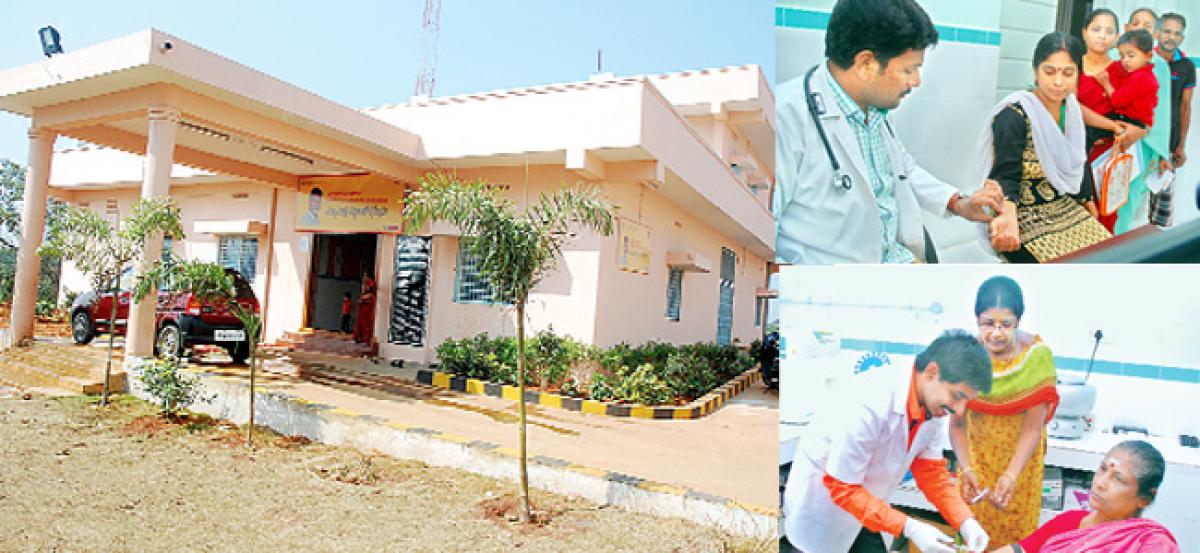Live
- Gaurav Bhatia slams Congress for promising freebies to infiltrators in Jharkhand
- LIC’s entry into health insurance to significantly boost its market share
- Why Covid-19 Vaccine protection wanes over time?
- First Look of Kaliyugam 2064 Unveiled by Mani Ratnam Ahead of Worldwide Release
- Sutraa Indian Fashion Lifestyle Exhibition kicked off at Taj Krishna
- Pokémon TCG Pocket to Introduce Card Trading in January 2025
- Nani unveils ‘MM 2’ title & first look
- Will challenge bail granted to actor Darshan in fan murder case in SC: Bengaluru Police Commissioner
- Chandrahass Launches Maruti Suzuki Dzire Through PJ Productions in Tolichowki Showroom
- Police case against farmers for tilling land claimed by Waqf Board in Karnataka









